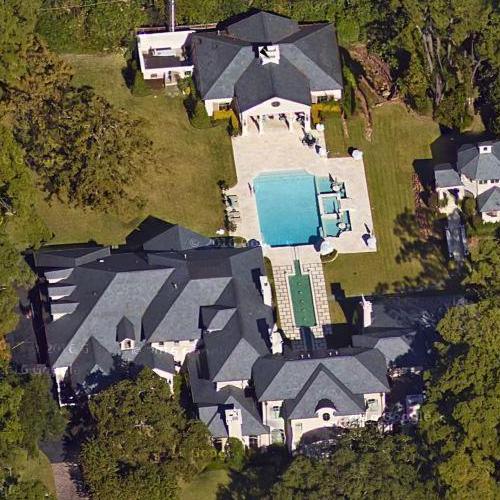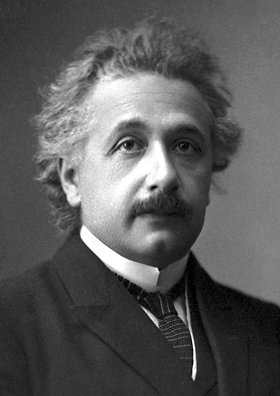Dude...there's an internet.
1) Apologetic for failing to consider the pastoral implications of the construction of a $2.2 million residence, Atlanta Archbishop Wilton Gregory is re-evaluating his recent move.
In a column Monday for the archdiocesan newspaper the Georgia Bulletin, he said he failed to consider the impression the new home sent to area Catholics who give to the church while struggling to pay their own bills and the example he set for what it means to follow Jesus' example. As a result, he said he will meet with his various councils for guidance; if they advise him to sell the home, he will seek a new residence elsewhere.
2) Mansions in heaven weren't good enough for this archbishop. Newark's Archbishop John J. Myers is facing criticism for pricey plans to expand his retirement home.
Myers is planning to add a $500,000 addition to a Franklin Township house that the archdiocese purchased in 2002, the Star-Ledger reports.
The New Jersey leader has been using the 4,500-square-foot home as a weekend residence. It already has five bedrooms, three full bathrooms, a three-car garage, an outdoor pool and 8.2 wooded acres.
But the 72-year-old archbishop, who insists on being called "Your Grace," has big changes in mind for his home.
Workers have laid a wooden framework for the 3,000-square-foot addition. The archbishop's fancy new digs will reportedly have an indoor exercise pool, a hot tub, three fireplaces, a library and an elevator, according to records obtained by the Star-Ledger.
They don't need $30 million.





